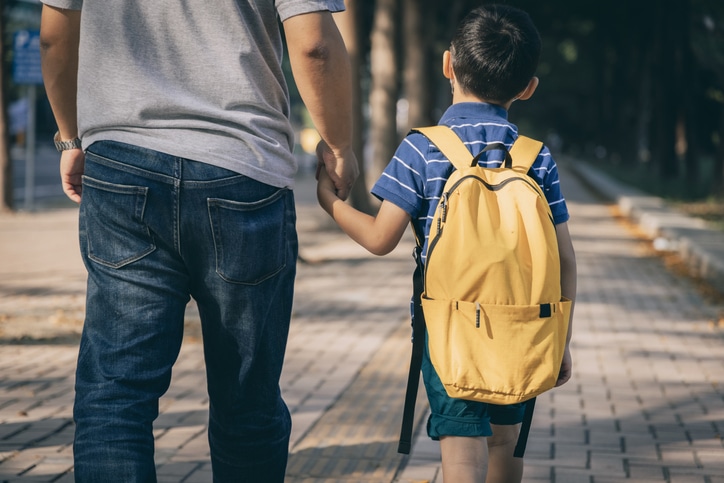Adoption numbers have declined in the ACT and across the country, falling to their lowest levels since Australian Institute of Health and Welfare (AIHW) recording began in 1990-1991.
In the ACT, there are so few adoptions that for confidentially reasons, the data cannot be displayed separately; instead ACT adoption numbers are combined with Tasmania and the Northern Territory.
In the three combined jurisdictions, there were 11 adoptions in 2020-2021, a slight increase on the 10 in 2019-2020.
The last time the ACT’s adoption numbers were included in the AIHW report was in 2018-2019 when six finalised adoptions were recorded, after six were also recorded in 2017-2018.
The continuing decline compares to 2016-2017 when 10 adoptions were recorded in the ACT.
The Adoptions Australia 2020-2021 report shows a 21 per cent drop in recorded adoptions this year with 264 being finalised, compared to 334 in 2019-2020.
The figures are less than half those recorded 25 years ago, when in 1996-1997 there were no fewer than 709 finalised adoptions.
AIHW spokesperson, Dinesh Indraharan, said the impact of the pandemic on visa applications and travel restrictions may have lowered the number of intercountry adoptions being finalised, but numbers were already declining before then.
“There were 42 intercountry adoptions finalised in Australia in 2020-2021. Almost all (90 per cent) came from Asian countries – 36 per cent from Taiwan, 29 per cent from South Korea, and 14 per cent from Thailand,” Mr Indraharan said.
For local adoptions, when a child lives permanently in Australia and has had no general contact or relationship with the adoptive parent/s, continues to steadily fall.
“There were 39 local adoptions, which was 15 per cent of all adoptions, finalised in Australia in 2020–2021. With some fluctuations, the number of local adoptions has steadily fallen from 107 in 2001–2002 to 39 in 2020–2021,” he said.
“Nine in 10 (92 per cent) of the local adoptions were considered ‘open’ adoptions, with all parties agreeing to some form of contact or information exchange between the families involved.”
Known child adoptions have been the main type of adoption throughout Australia since 2012-2013, and is when the child is known by the adoptive parent/s.
The majority are conducted by long-term carers or step-parents, and there were 183 finalised in 2020-2021 making up 69 per cent of all adoptions.
This is a 27 per cent decrease from last year, particularly due to the decline in this type of adoption in NSW due to a new policy to achieve permanency for children in out-of-home care.
Of the 183 known child adoptions, 100 were by carers, 77 by step-parents, and six were by other people or relatives.
To see how Covid-19 has affected adoptions in Australia, AIHW said there needed to be more data over a longer period of time to provide a more comprehensive picture.
Get all the latest Canberra news, sport, entertainment, lifestyle, competitions and more delivered straight to your inbox with the Canberra Daily Daily Newsletter. Sign up here.



